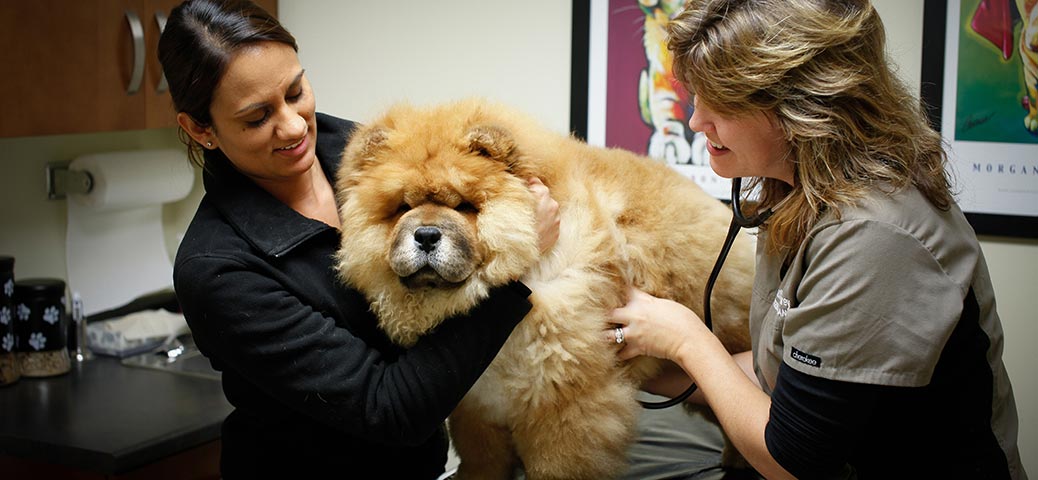- What are the hospital’s business hours? Do they fit your schedule?
- How many veterinarians are at the hospital?
- Can you see the same vet on each visit?
- What advanced equipment and procedures does the hospital offer? Dental X-ray? Orthopedic surgery? Ultrasound?
- Will a doctor speak to you on the phone for simple questions?
- What methods of payment are accepted?
- What recent seminars have the veterinarians attended?
- What is the visiting policy for hospitalized patients?
- Do the vets offer alternative therapies (acupuncture, chiropractic)?
- What are the hospital’s policies on vaccinations (which ones and how often) and other preventive health programs?
8 weeks
First visit to your veterinarian for:
- examination
- core vaccines (distemper, parvovirus, hepatitis, parainfluenza, etc.)
- deworming
- a review of nutrition and parasite control (fleas and heartworm)
- discussions on behaviour and socialization
- If you’re interested in pet insurance, now is the time to register your puppy.
12 weeks
Second veterinary visit for:
- examination
- core-vaccine boosters, possibly add in Lyme disease
- deworming
- further discussions on behaviour
- Plan to start a puppy socialization class.
16 weeks
Final puppy veterinary visit for:
- examination
- final core-vaccine boosters, booster on Lyme disease (if given last time), plus rabies and Bordetella (if needed)
- deworming (and organize follow-up dewormings)
- talk about spaying and neutering
- First grooming for puppies that need clipping
- Look into formal obedience classes.
6 months
- Spay or neuter
16 months
- Annual checkup and vaccine boosters
Vaccination and spay/neutering schedule is a guideline only. Different vets may have slightly varying protocol. Your veterinarian will guide you through each stage of your puppy’s health care.

